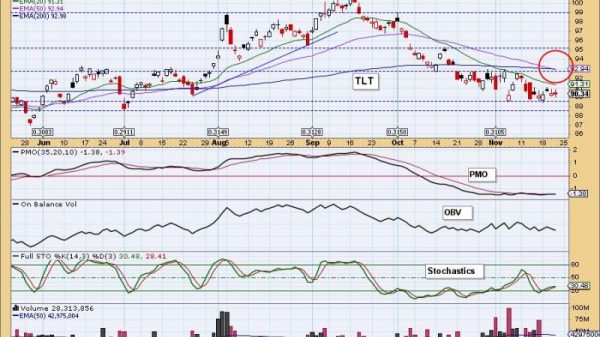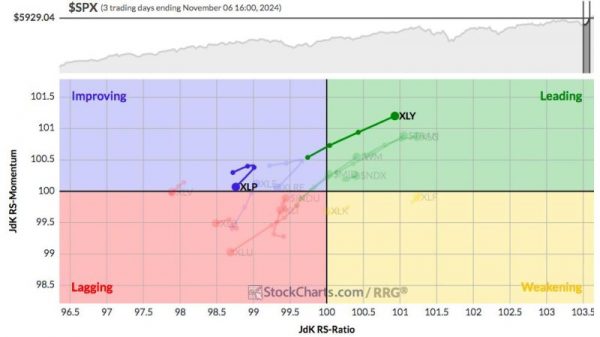**Title: The Impacts of Big Discounting on Target Stock: Analyzing the 21% Fall**
**Introduction:**
In the world of retail, pricing strategies can make or break a company’s performance in the market. Target Corporation recently experienced a significant drop in its stock value, plummeting by 21% due to a large discounting effort that ultimately fell short of expectations. This event sheds light on the complexities and risks associated with aggressive discounting strategies in the competitive retail landscape.
**The Rise and Fall of Target Stock:**
Target Corporation, a retail giant known for its diverse product offerings and competitive pricing, embarked on a bold discounting campaign to attract more customers and boost sales. The company heavily promoted discounts and offers across various product categories in an effort to drive foot traffic and online sales.
**The Results:**
Despite the initial enthusiasm surrounding Target’s discounting efforts, the outcome was far from what was anticipated. The company’s stock price tumbled by 21%, signaling a lackluster response from consumers and investors alike. This significant drop in stock value sent ripples through the market and raised questions about the effectiveness of such aggressive discounting strategies.
**Analyzing the Impact:**
The 21% decline in Target’s stock value speaks volumes about the risks associated with relying too heavily on discounting to drive sales. While discounts can attract price-sensitive consumers in the short term, they may not necessarily translate into sustainable revenue growth or profitability. Investors and analysts are now questioning the long-term viability of Target’s discounting approach and its implications for the company’s overall financial health.
**Lessons Learned:**
Target’s experience serves as a valuable lesson for other retailers navigating the fine line between attracting customers and maintaining profitability. It underscores the importance of crafting a well-balanced pricing strategy that considers factors such as customer segmentation, product positioning, and competitive dynamics. Overreliance on discounts as a short-term sales boost can potentially erode brand value and profitability in the long run.
**Conclusion:**
In conclusion, the 21% fall in Target’s stock following a big discounting effort highlights the intricacies of pricing strategies in the retail industry. While discounts can be effective tools for driving sales and attracting customers, they should be implemented judiciously and as part of a broader, sustainable business strategy. Target’s experience underscores the need for retailers to carefully evaluate the trade-offs between short-term gains and long-term success in a competitive marketplace.































